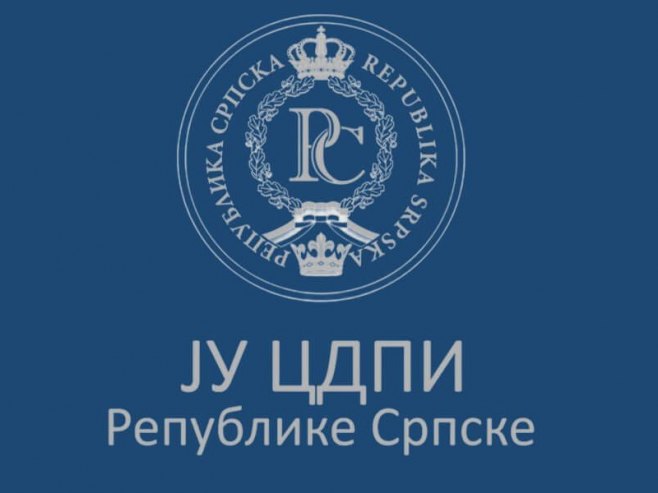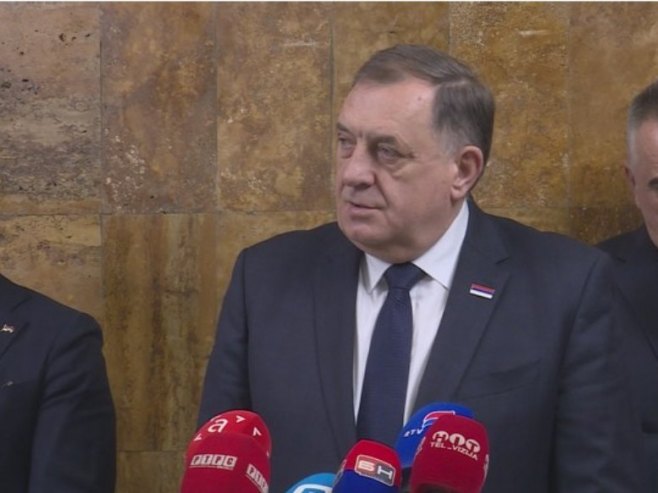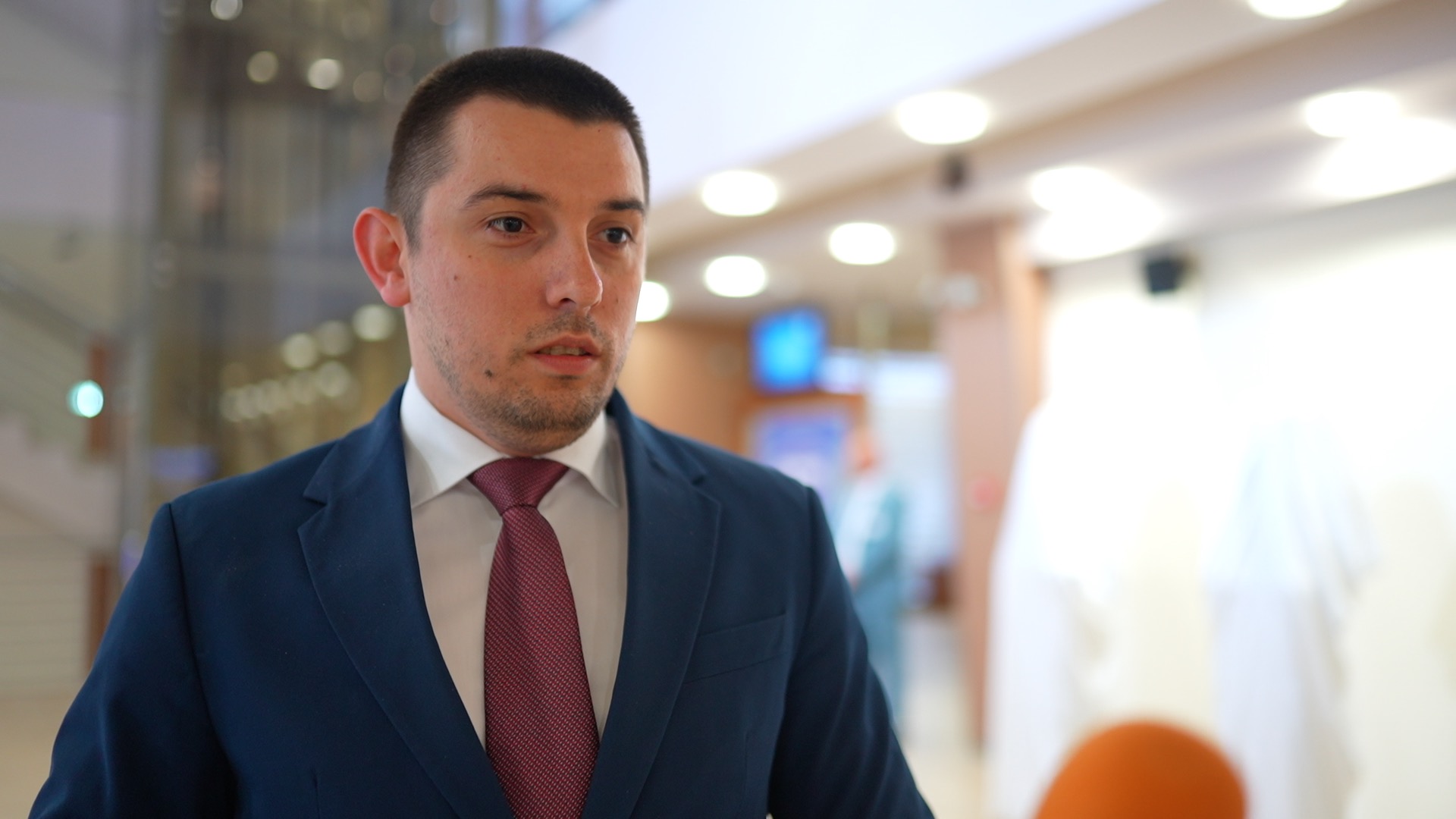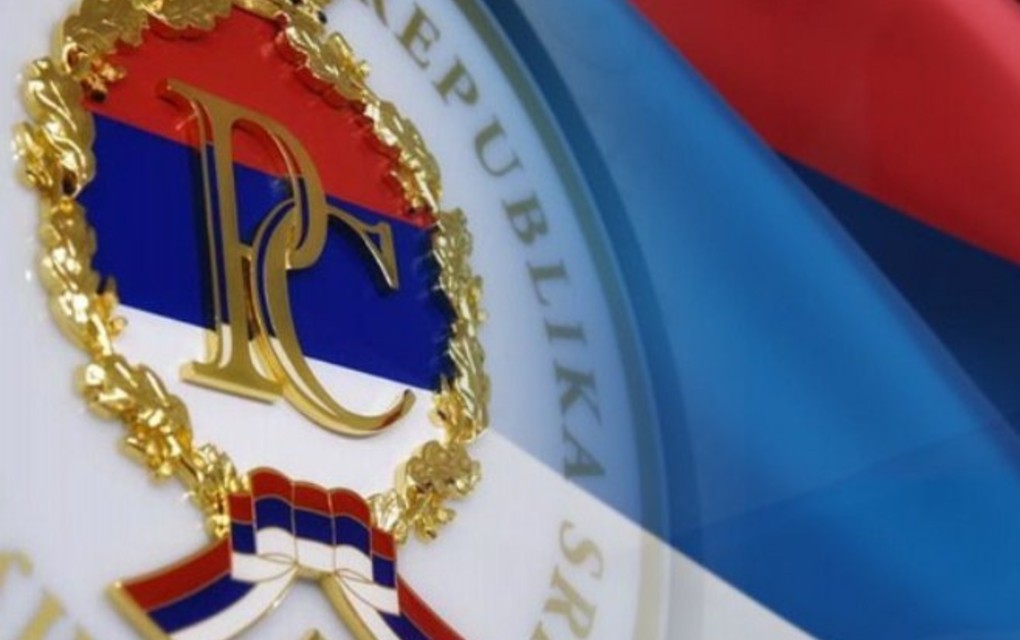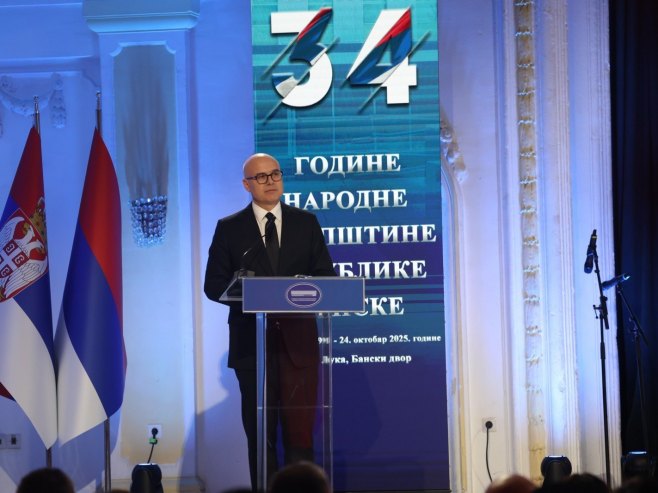A bank account in Vienna, managed by the Third World Relief Agency (TWRA) under the leadership of Muslim Brotherhood agent El Fatih Hassanein, served as a channel for approximately $350 million intended for Muslims during the war in Bosnia and Herzegovina (BiH). The so-called Army of BiH was essentially the military wing of the global organization “Muslim Brotherhood” in BiH, according to an analysis by the Center for Socio-Political Research of Republika Srpska (CDPI).
Hassanein’s efforts, considered to be the “finance minister” of Alija Izetbegović, included interactions with Osama bin Laden’s associates to raise funds, states the CDPI analysis titled “The Genesis of the Muslim Brotherhood and Radical Islam in BiH.”
This strategy, which American investigators of Al-Qaeda’s financing referred to as the “Bosnian model,” involved disguising funds for weapons as humanitarian aid to make the transactions appear legitimate.
- Official cooperation between TWRA and Izetbegović’s government began in the second half of 1992 with the opening of branches in Sarajevo, Budapest, Moscow, and Istanbul. This expansion allowed for a serious support network for the government. Additionally, in March 1992, Hassanein was issued a diplomatic passport and appointed as a cultural attaché at the Saudi Arabian embassy in Vienna, enabling him to transport funds to Slovenia and Croatia without police intervention and oversight. This role significantly enhanced his ability to support Muslims without logistical or legal obstacles – the analysis states.
The report notes that in October 1992, then-Foreign Minister Haris Silajdžić visited Vienna to secure a guarantee from Erste Bank for TWRA. Thus, a bank account was opened, recognizing Hassanein as an authorized representative of the BiH government. This arrangement was later confirmed by Alija Izetbegović.
- Austrian investigators discovered that approximately $350 million flowed through this account from 1992 to 1995, sent by Islamic governments and radical Islamic movements. Among the donors was Osama bin Laden, who lived in Sudan until the mid-1990s. According to intelligence data, he, along with other global Islamic terrorists, received a passport and citizenship from RBiH, granted at the BiH embassy in Vienna, as reported by the Austrian daily “Österreich.” This was denied in 2001 by then-Chairman of the Council of Ministers Zlatko Lagumdžija – the analysis states.
Investigators also established a connection with the blind sheikh Omar Abdel Rahman, who was sentenced to life imprisonment in the USA in 1993 for planning the bombing of the World Trade Center.
The analysis recalls that Alija Izetbegović took his son Bakir, later a member of the BiH Presidency and still the president of the SDA, to meetings with Hassanein. In 2014, Bakir Izetbegović welcomed a delegation of the “Muslim Brotherhood” at the BiH Presidency building, where a photograph with their famous four-finger salute was taken.
Another prominent SDA member with connections to the “Muslim Brotherhood” is Bisera Turković, former Foreign Minister in the Council of Ministers.
- Fifteen days before her appointment as minister in 2019, she visited jihadist cleric and spiritual leader of the “Muslim Brotherhood” Yusuf al-Qaradawi, who also supported the arrival of mujahideen during the war in BiH. During the war, Bisera Turković was the BiH ambassador to Zagreb and closely collaborated with TWRA officials on sponsoring terrorism and money laundering – the analysis states.
ROOTS OF THE “MUSLIM BROTHERHOOD” IN BiH
The analysis points to the roots of the “Muslim Brotherhood” movement at Al-Azhar University in 1928 in Cairo, where Muslim students from today’s BiH studied.
Starting in the 1930s, young Muslim students returned to their country from Islamic studies in Egypt, bringing with them the ideology of the “Muslim Brotherhood.” During World War II, they were unwavering supporters of the Ustaša movement and the Independent State of Croatia (NDH), and one of the most prominent members of the “Handžar Division” and its chief mufti was one of these Cairo students, Husein Đozo.
“After the war, Đozo was sentenced for collaborating with the Nazis and the Yugoslav communist authorities imprisoned him. In 1950, he was pardoned and released. Later, he was elected president of the Union of Imams of Bosnia and even served as an interpreter for Josip Broz Tito during his official visits to Arab countries,” the text states.
The analysis “The Genesis of the Muslim Brotherhood and Radical Islam in BiH,” as well as a video, are published on the website cdpirs.org.
Source: RTRS



